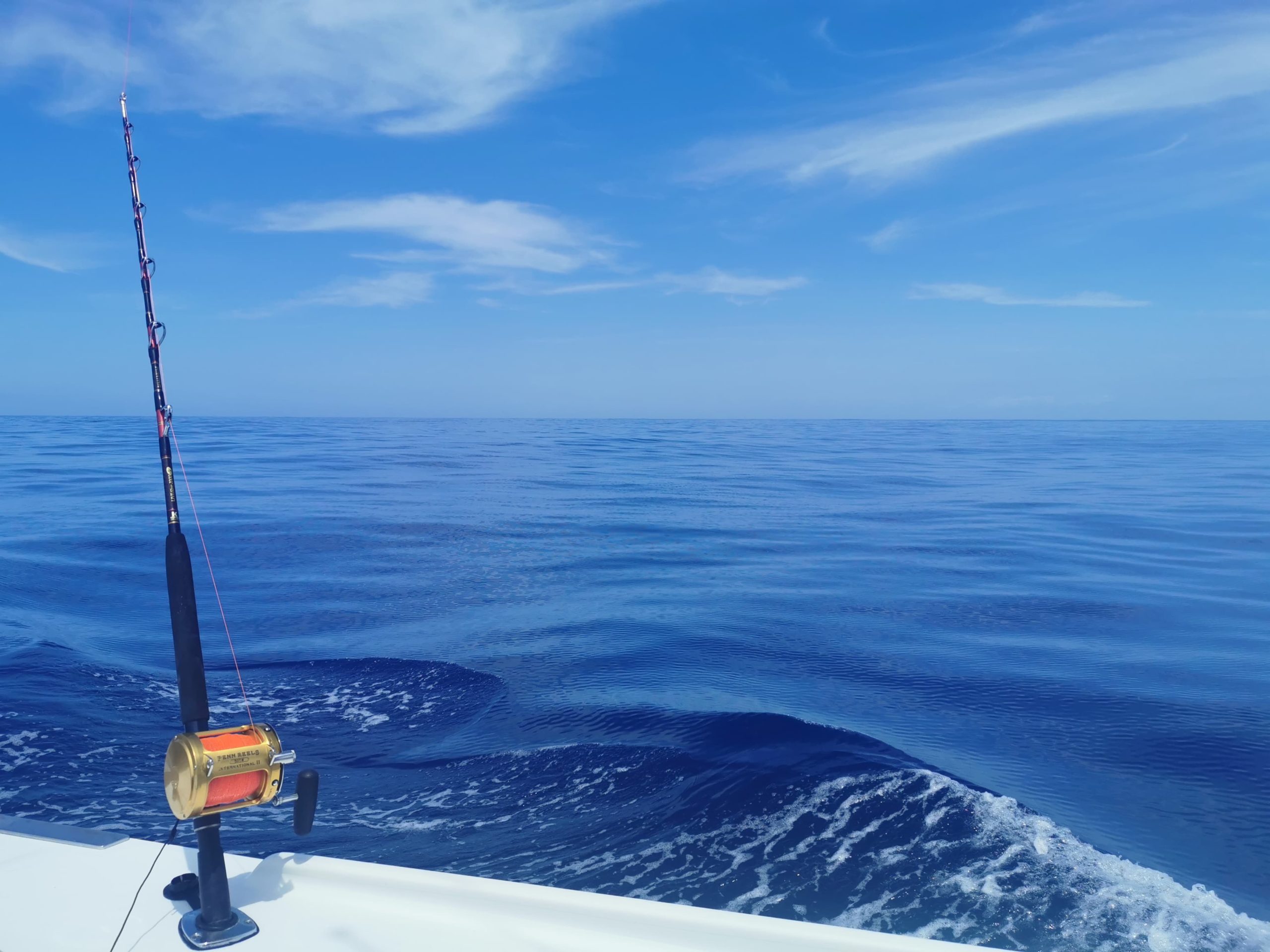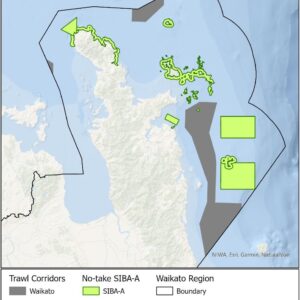Yes. Rescue Fish advocates immediately moving to an Ecosystem-based Management (EBM) approach to governance. In terms of management, removing mobile bottom contact fishing methods that destroy the seabed and its organisms will be a giant step forward in terms of EBM.
However, in any EBM proposal it is important to start with a definition of what an ecosystem based approach would entail if operationalised; that is because it is not possible nor necessary to embark on a lengthy and complex scientific modeling approach that attempts to measure and describe all of the inputs and outputs of an ecosystem so that they can be described in law.
For Rescue Fish we had discussions with international experts to determine the best way to give effect to the concept of EBM. The answer is to begin by simply setting stock targets for all stocks at no less than 50% of the unfished biomass. That is managing a fish stock to ensure it regrows to 50% of its natural size.
Ideally, we would be targeting 60% of the unfished biomass. However, if we begin with 50% then ecosystem strength and resilience will be enhanced and this will make a huge difference to the current status of stocks (now measured against a limit of 20%).
It is detrimental that fisheries managers and the QMS assume far greater knowledge of the impact of fishing on the environment than is currently possible. Moreover, one of the clear failings of New Zealand’s Quota Management System (QMS) is that fishing limits are based on simplistic single-species models of sustainable harvest.
LegaSea wants to see limits based on a much richer understanding of the impact of fishing, on both the fish and the environment in which they live. In New Zealand we are still developing our collective understanding of these complex systems. Rescue Fish supports taking an ecosystem approach to managing our marine environment.



